Yesterday afternoon our CEO Rajiv Chandra was interviewed on BBC News with presenter Jane Hill during a segment on wipes pollution and microplastics. Discussions about wet wipes being a big contributor to plastic pollution have been ongoing for many years now, and a recent Guardian article shares that “wet wipes which contain plastic are forming ‘islands’ across the UK after being flushed, with rivers changing shape after the products pile up on their banks.”
The discussion has been brought to the public’s attention once again this week, with MPs campaigning to ban all wet-wipes containing plastic.
At Mum & You, our wet wipes are plastic-free.
We were approached by the BBC to share insight into the world of plastic-free, biodegradable wipes and why it’s better for our planet and ecosystem.
According to a statistic provided by The Marine Conservation Society, 18 wet wipes were found on average per 100m of beach at the Great British Beach Clean 2020. They state that wet wipes are one of the most common litter items found on UK beaches. Wet wipes can end up on our beaches and in the environment as they’re often mistakenly flushed down the toilet, rather than being disposed of in the bin.
Our biodegradable*, plastic-free wipes contain 99.4% water for ultimate kindness to babies’ skin and the world they live in. M&Y wipes are made from sustainably sourced, naturally derived viscose – a special material made from the most abundant and renewable wood fibre on Earth! They also come in 100% recyclable packaging which can be recycled with soft plastics at your local supermarket. Our plastic-free wipes will leave your conscious as clean as baby’s bottom.
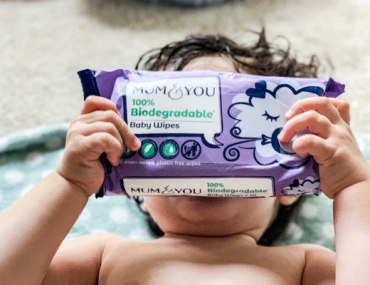
However, it is not just the microplastics in wipes that are causing pollution. It is also due to them being incorrectly flushed down the loo! M&Y biodegradable wipes are not made to be flushed. Biodegradable wet wipes are made to be composted or safely disposed of with your household waste, whereas wet wipes with the “Fine to Flush” symbol present on their packaging mean they have met the water industry’s Fine to Flush standard and are safe to dispose of in the loo. Fine to Flush wet wipes are often made from paper materials, which mean they disintegrate at the same rate as toilet paper and do not cause any issues to your plumbing when disposed of correctly.
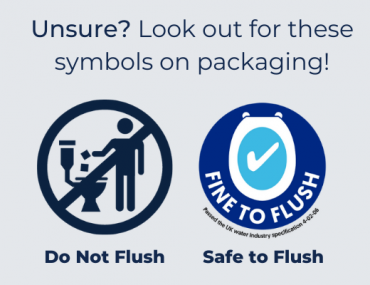
Find out more about the difference between flushable vs biodegradable in one of our previous blog posts here.
When asked about M&Y plastic-free wipes, Rajiv shared “We’re a small company that started as a start-up four years back, and we were determined even then when it was not so popular to talk about these things, to make wipes that are biodegradable, because we could make plant-based wipes, even four years back.”
“If more people came on board, these plant-based wipes could become a universal reality.”
When asked if the proposition to ban all plastic in wipes would benefit Mum & You, Rajiv answered “it’ll help us, but it’ll also help everyone. Single-use plastics are not going to break down. They’re going to be in our ecosystems, in our rivers, and our water. We are going to consume these microplastics, the fish are going to consume the microplastics so I think everyone will benefit from shifting to plant-based alternatives.”
We are delighted to have had this opportunity to speak up on the benefits of plastic-free wipes and how moving towards plant-based alternatives would be kinder to our ecosystems. Shop our plant-based, plastic-free biodegradable wipes here and make an eco-conscious change today!
*Wipes are compostable according to European Standards EN13432 and are certified by TÜV Austria as OK compost Home.

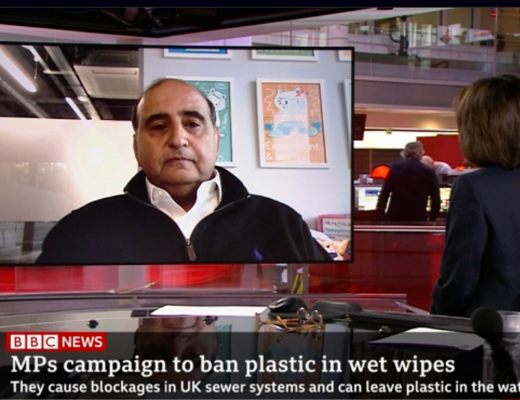
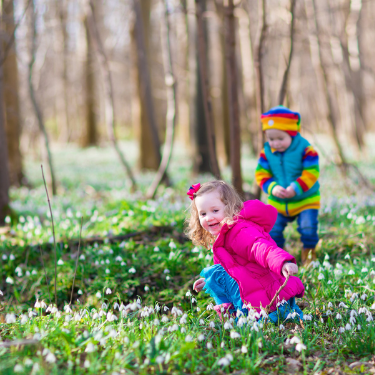
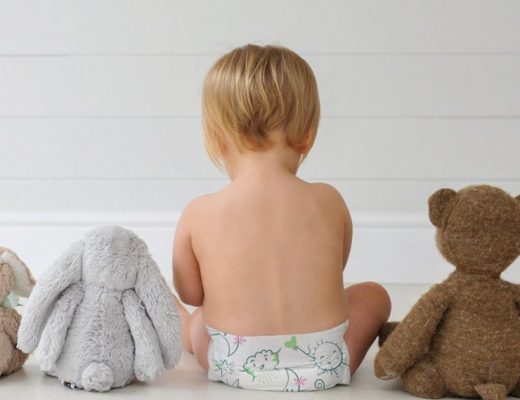
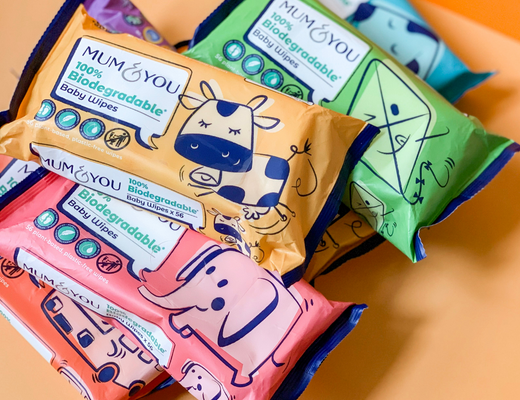
No Comments